Russia attacked several Ukrainian ports on Tuesday, a day after withdrawing from a U.N.-brokered deal to protect Ukraine’s grain exports, and Moscow’s forces claimed success in areas where Ukrainian officials said Russian forces were slowly regaining the offensive.
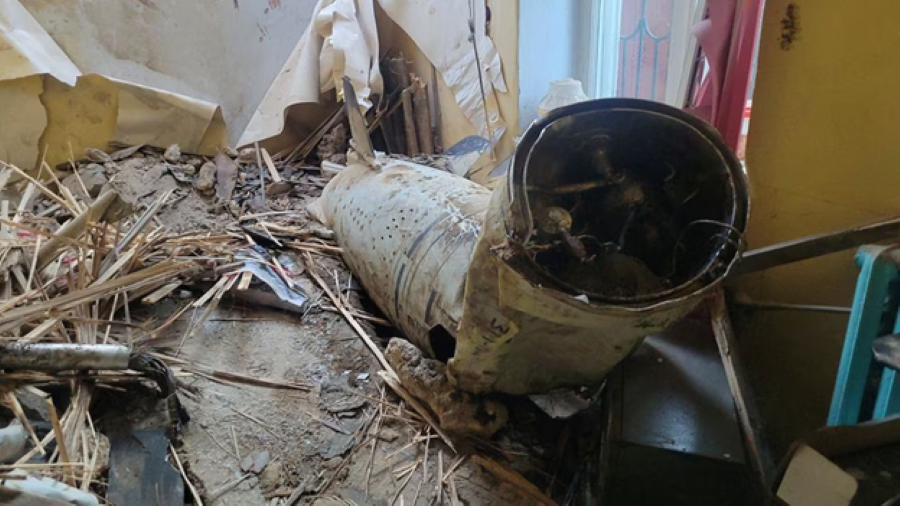
Debris from a Russian Kalibr cruise missile is seen in a destroyed building after a Russian airstrike in the port city of Odesa, Ukraine, July 18, 2023. Photo: Communications Department of the Southern Operations Command of the Armed Forces of Ukraine/Via REUTERS.
The Russian government said the airstrike destroyed a fuel depot and a factory producing unmanned sea vehicles in Odessa. The airstrike was part of a “massive retaliatory strike” in response to Ukrainian attacks that destroyed a bridge linking Russia to the Crimean peninsula.
Shortly after the bridge was attacked on Monday, Moscow withdrew from a U.N.-brokered grain export protection deal a year ago, a move the U.N. believes risks causing global hunger.
Debris and shock waves from the explosions damaged homes and other facilities in Ukraine’s main port, Odesa, according to Ukraine’s southern military operations command. Local authorities in Mykolaiv, another port, also reported a major fire.
Andriy Yermak, Ukraine's Chief of Staff, said Russia's airstrikes on the ports provided "more evidence that the state wants to harm the lives of 400 million people in many countries that depend on Ukraine's food exports."
The Ukrainian Air Force said six Kalibr missiles and 31 of 36 drones were shot down. Moscow, for its part, said it had disrupted a Ukrainian drone strike on Crimea, suffered no damage, and reopened a traffic lane across the Crimean bridge.
Six weeks later, as Ukraine launched a counter-offensive in the eastern and southern theaters, Russia also began a ground offensive in northeastern Ukraine.
Russia’s defense ministry said its forces had advanced 2km around Kupiansk, a railway hub recaptured by Ukraine in 2022. Kyiv authorities acknowledged the “complicated” situation in the area. Reuters could not verify the battlefield situation.
Since Ukraine launched its counteroffensive in June, the Kyiv government has recaptured several villages in the south and some areas around the eastern city of Bakhmut, but has yet to launch a breakthrough across the Russian army's defenses.
“Impact on people in difficult situations”
The Black Sea grain export deal, brokered by Türkiye and the UN in 2022, is one of the only diplomatic successes in the war, lifting a Russian-imposed blockade around Ukrainian ports that led to global food shortages.
Ukraine and Russia are both among the world’s largest exporters of grain and other food products. If Ukraine’s grain were cut off from world markets, grain prices could skyrocket worldwide, hitting poorer countries hardest.
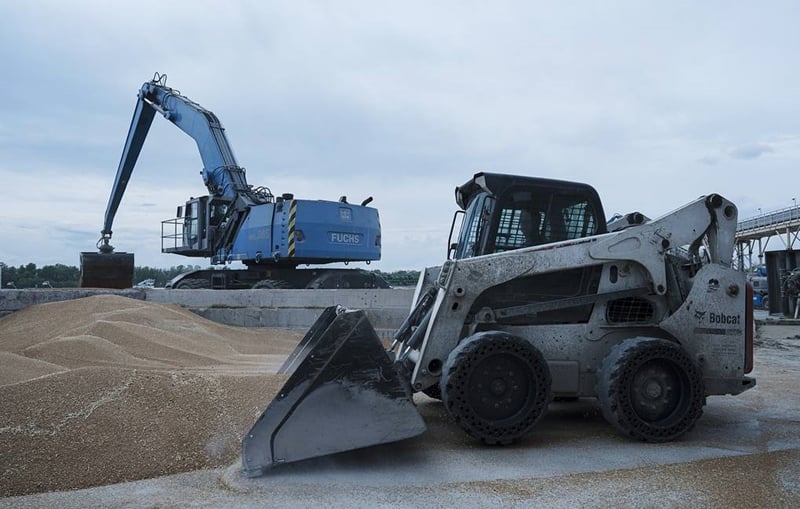
Illustration photo: AP/Andrew Kravchenko
“The decision taken by the Russian Federation today will impact vulnerable people all over the world,” UN Secretary-General Antonio Guterres said on Monday.
Moscow has dismissed calls from Ukraine to allow grain exports to continue without Russia being part of the deal, and the Kremlin has publicly said that ships moving into the area without Russian permission could be at risk.
“This is an area on the edge of the battlefield. Without proper security guarantees, there are many risks that can arise in this area. Therefore, any agreement formalized without Russia’s approval should take these risks into account,” Kremlin spokesman Dmitry Peskov said.
The Russian government has said it could rejoin grain exports, but only if it meets demands for loosening of rules around Russia’s ability to export food and fertilizer. Western countries see this as a decision to use its control of food supplies to force an easing of financial sanctions, even though those sanctions have allowed Russia to export food.
Ukrainian President Volodymyr Zelensky has called for the grain export deal to go ahead without Russia, indirectly appealing to Turkey for help in removing the Russian blockade. Turkish President Tayyip Erdogan, who brokered the deal, said he believed Moscow could be persuaded to return to the negotiating table.
Any efforts to reopen Ukraine’s grain exports without Russia’s involvement depend on insurers agreeing to provide cover, with industry sources speaking to Reuters saying they were considering such options.
The slow counterattack
Russia's announcements of advances around Kupiansk on Tuesday were a rare sign that Moscow was regaining the offensive since Kyiv launched a counter-offensive in June.
Both sides have suffered heavy losses in Europe's bloodiest war since World War II, but the front lines have moved little since November 2022, despite a fierce Russian winter offensive and a subsequent Ukrainian counter-offensive.
“Over the past two days, the [Russian] side has been actively attacking in the Kupiansk area in the Kharkiv region,” Ukrainian Deputy Defense Minister Hanna Maliar said on her Telegram channel.
“We continue to defend. The fighting is still intense and the positions of both sides have been changing several times every day.”
Oleksander Syrskyi, commander of Ukraine’s ground forces, described the situation in the area as “very complicated but under control.” Serhiy Cherevatyi, spokesman for the eastern Ukrainian forces, said the Russian military had massed more than 100,000 troops and 900 tanks in the area.
Ukraine's counter-offensive has made modest gains in the area around Bakhmut and along two southern axes, but its fighting force, equipped with billions of dollars worth of Western weapons and ammunition, has yet to confront Russia's main defenses.
Kyiv authorities say their forces are deliberately advancing slowly to avoid heavy casualties on the mine-strewn defensive line, and are now focusing on wearing down Russian supply and command lines. Moscow insists the Ukrainian counter-offensive has failed.
Nguyen Quang Minh (According to Reuters)
Source


![[Photo] Prime Minister Pham Minh Chinh meets with representatives of outstanding teachers](https://vphoto.vietnam.vn/thumb/1200x675/vietnam/resource/IMAGE/2025/11/15/1763215934276_dsc-0578-jpg.webp)
![[Photo] General Secretary To Lam receives Vice President of Luxshare-ICT Group (China)](https://vphoto.vietnam.vn/thumb/1200x675/vietnam/resource/IMAGE/2025/11/15/1763211137119_a1-bnd-7809-8939-jpg.webp)




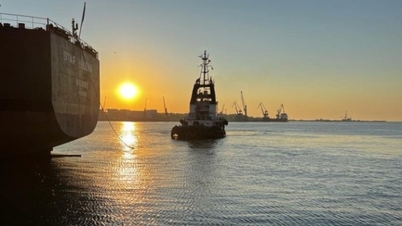


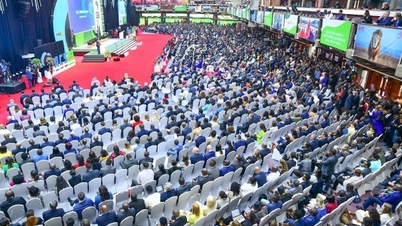
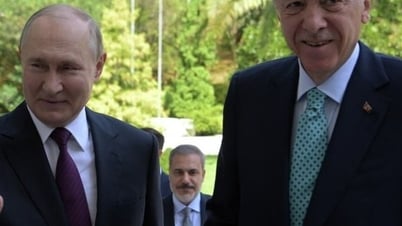
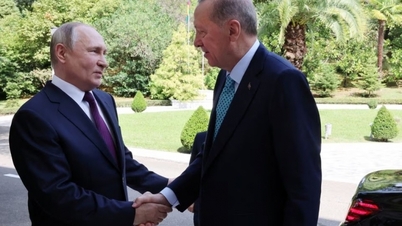


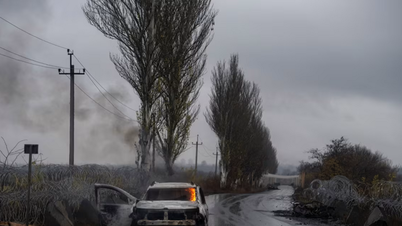
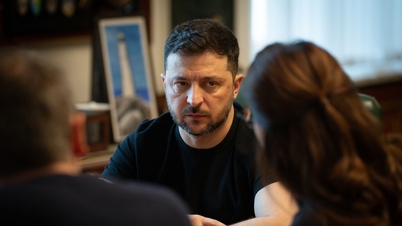

























































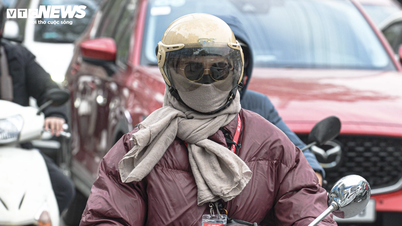


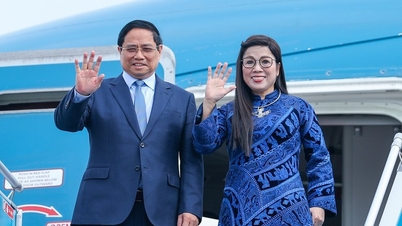

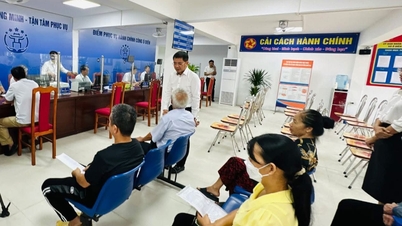




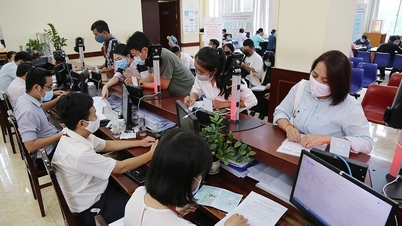



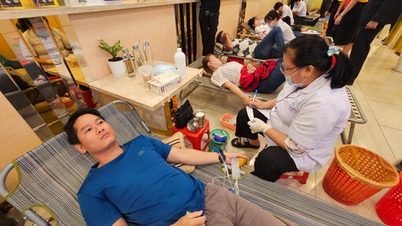



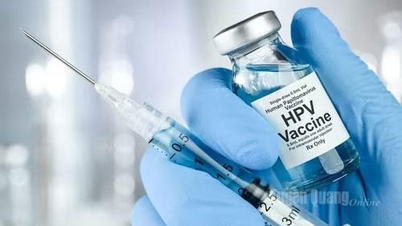

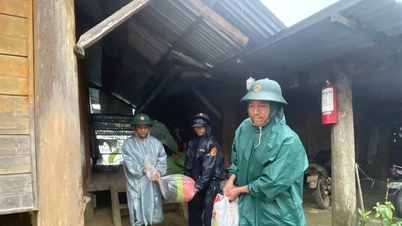














Comment (0)